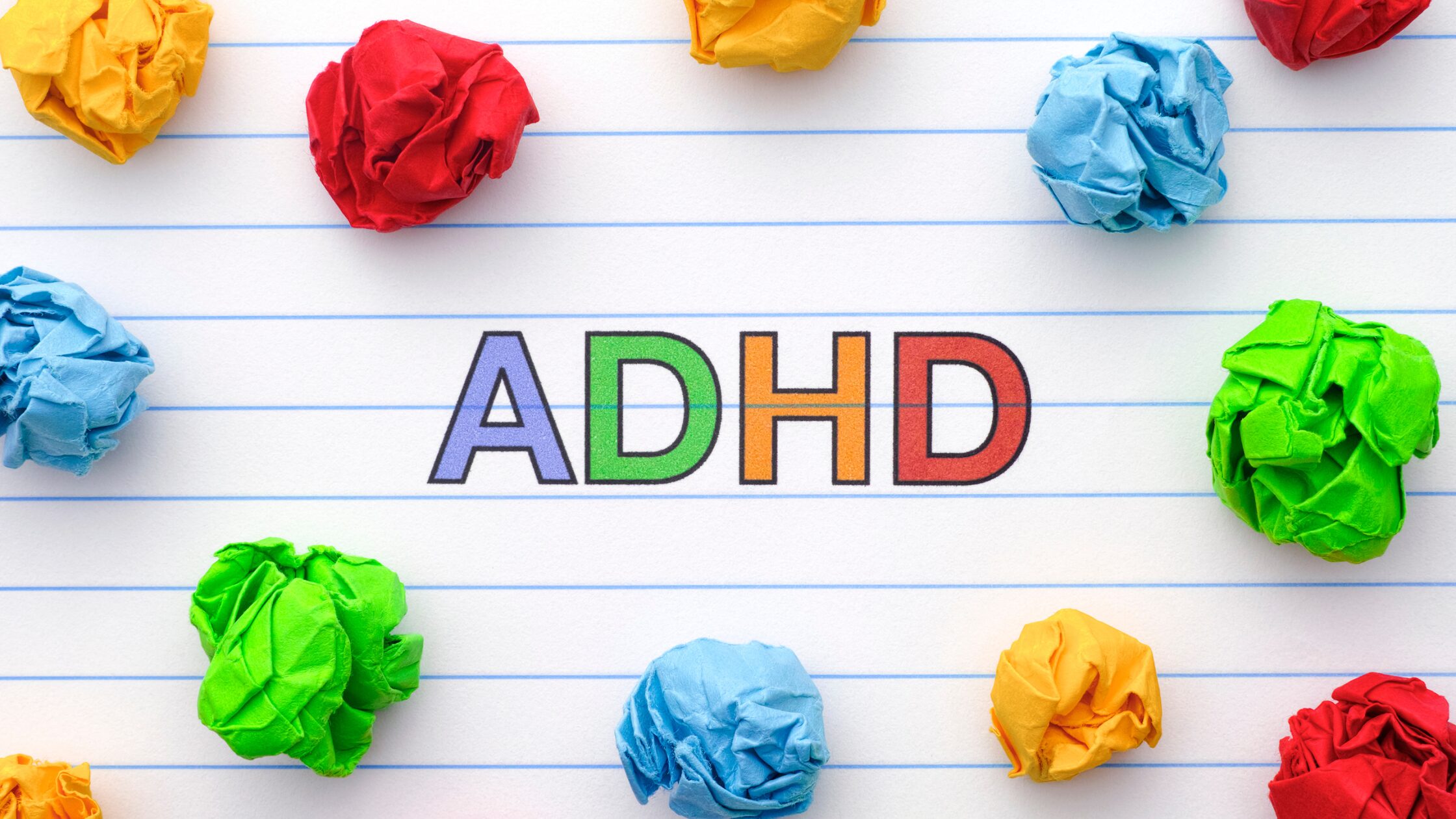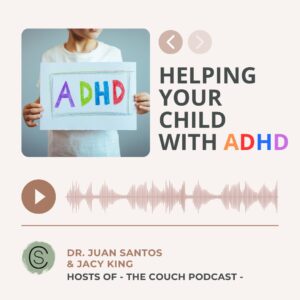3 Ways to Help a Child with ADHD Succeed in School
ADHD stands for Attention Deficit Hyperactivity Disorder and in kids and teens, it can mean a lot of things. You may notice that your child has a difficult time sitting still or that they just can’t wait to blurt something out. No humor intended.
Common symptoms of ADHD in kids and teens include forgetfulness, misplacing things, trouble focusing, disorganization, staying on task, completing what they are doing, impulsivity, behavioral problems, and losing focus.
3 Ways Parents Can Help Their Child With ADHD
1. Teach your child exactly what ADHD means.
It’s not enough to know that ADHD stands for Attention Deficit Hyperactivity Disorder. I encourage you to give your child education in understanding how their ADHD manifests. This means that your child can understand that their struggle to sit still or lose their homework is a symptom of ADHD. When your child can understand their symptoms they can experience an anxiety reduction connected to the ADHD as well as begin the steps to address each symptom.
2. Create a support team for your child.
If you notice that your child is experiencing ADHD symptoms you can begin to create a support team for them. The team can include a counselor, school social worker or counselor, teachers, coaches, and other persons. The goal is to include those that can help your child succeed.
Consider if your child is having a hard time at school with sitting still and completing homework due to ADHD. It would make sense that their counselor is aware of this. The counselor can help your child learn more about ADHD as well as begin the process of an IEP (individualized Education Program) The counselor can help your child in the counseling office as well as at school. The teacher can also be included. This would help your child know that they have help all around them.
3. Approach your child with compassion.
The truth is that ADHD can be quite difficult. It’s not easy sitting still or being organized when there is something inside that pushes against the needle. As such, your child may experience internal insecurities and doubts about their ability to succeed. I strongly encourage you to approach your child with love and understanding. Be their advocate and a leader for them.
For more helpful reads on ADHD click here:





